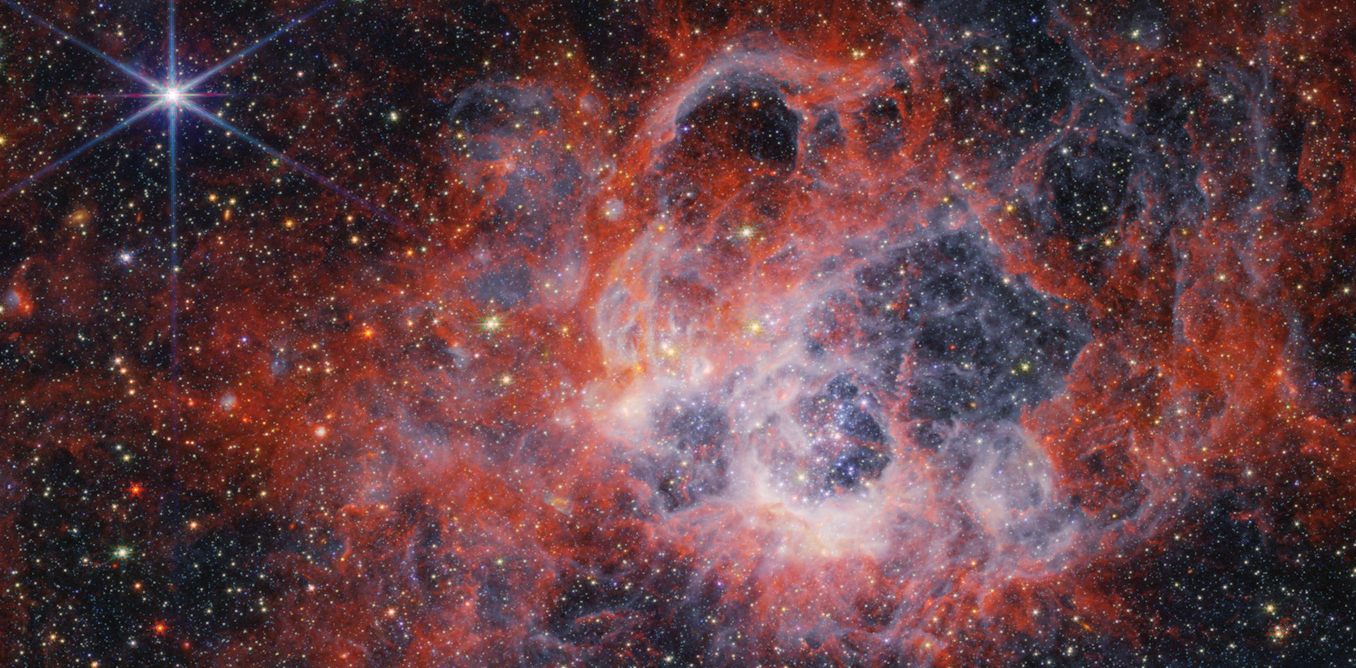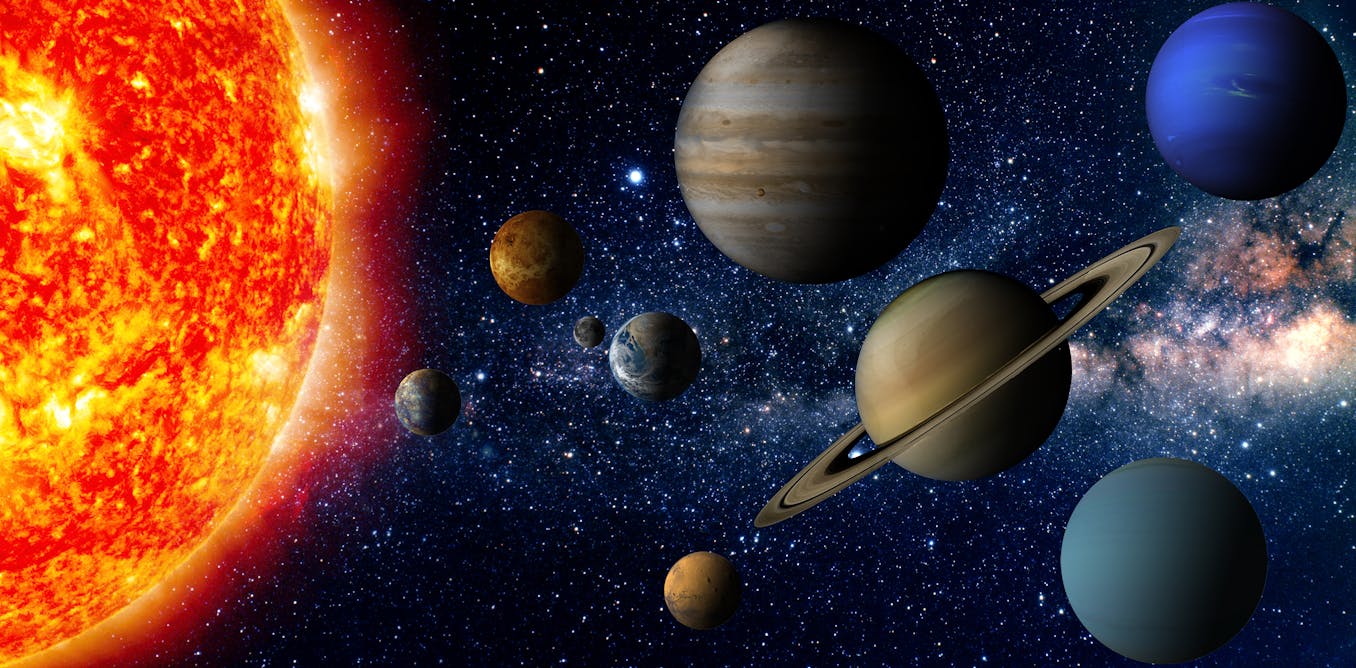How do atoms form? A physicist explains where the atoms that make up everything around come from
Almost everything on Earth is made up of atoms, but where do these fundamental building blocks come from?
June 23, 2025 • ~8 min
Is Mars really red? A physicist explains the planet’s reddish hue and why it looks different to some telescopes
Mars isn’t a bright, fire-engine red, but the iron oxide in its rocks makes it appear redder than other planets, especially from afar.
June 16, 2025 • ~7 min
If people stopped having babies, how long would it be before humans were all gone?
Even though there are 8 billion people on Earth today, a catastrophe could send that number much lower within a few decades.
June 9, 2025 • ~8 min
Can you upload a human mind into a computer? A neuroscientist ponders what’s possible
Science has done many things that seem miraculous. Why not transfer your consciousness to a machine?
May 23, 2025 • ~7 min
Why don’t humans have hair all over their bodies? A biologist explains our lack of fur
Human beings don’t have a thick coat of fur like many other mammals do. Scientists think it has to do with something else that comes out of skin: sweat.
April 21, 2025 • ~6 min
Are twins allergic to the same things?
An allergic reaction happens when your immune system overreacts to something that should be harmless. Whether that happens can be thanks to your genes, your environment or a combination.
April 14, 2025 • ~8 min
/
23










